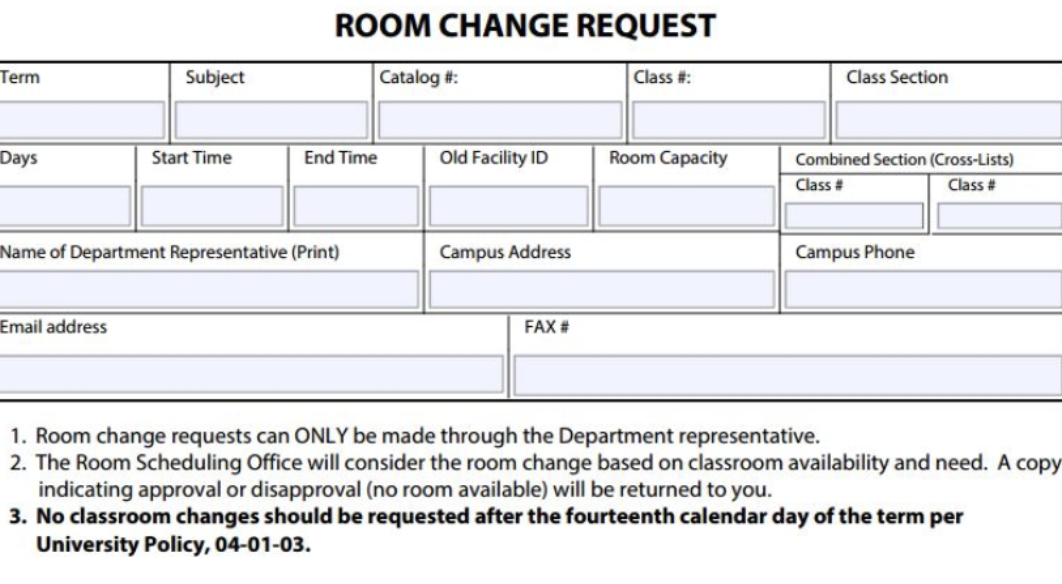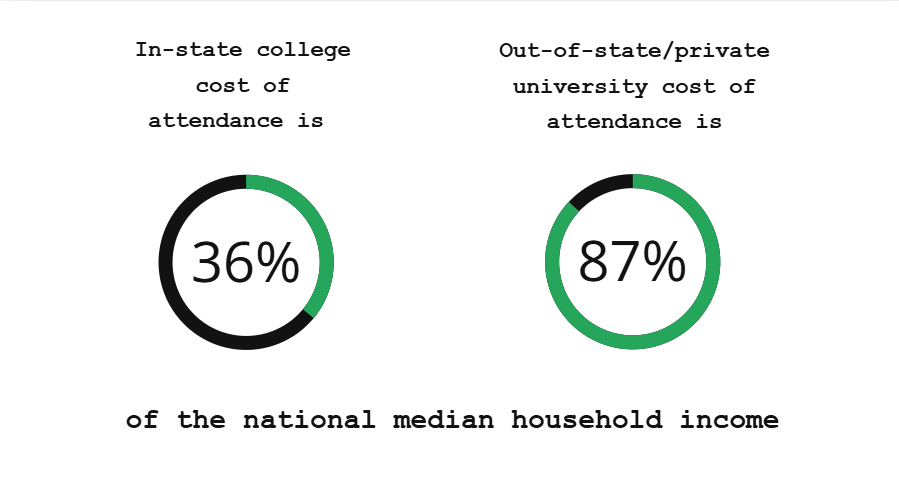I spent the summer before my junior year studying for the SAT. Instead of spending time with friends, I was completing redundant math problems and reading practice SAT passages. However, due to the coronavirus, many colleges have decided to become test optional. Test optional policies allow students to choose whether or not to submit their test scores. Making the application process test optional is disadvantageous to both non-submitters and submitters. Standardized testing is the great equalizer in college applications. Many students spent countless hours studying for these tests, but then couldn’t take them due to the COVID-19 pandemic. On top of the added stress of the pandemic and college applications, seniors now need to worry about whether or not to submit their test scores.
Many people believe that test optional means that you don’t need to take standardized tests. However, people that are considering not taking tests or not submitting their scores should reconsider.
Although students now have the option to submit their scores, it makes admissions more difficult for everyone because colleges will be receiving many more applications due to the test optional policies. According to a study by the University of Georgia, test optional schools receive an average of 220 more applications. Students that would have not applied because of a low test score, may do so now. However, colleges will admit the same amount of people, therefore, making acceptance rates lower which helps a college look more selective and prestigious.
Historically, at colleges that have the test optional policies, data shows that non-submitters have a lower acceptance rate than submitters. Additionally, since non-submitter’s applications do not include a comparable metric, students’ letters of recommendations, GPA, and essay will be placed under heavier scrutiny. These factors put students who have not been able to take standardized tests and non-submitters at a significant disadvantage. Another thing to consider is financial aid; many admission officers state that students who do not submit test scores will have a much lower chance of getting merit based scholarships. For example, at Hofstra University the largest merit-based scholarships are only offered to students who submit their scores.
Submitters who have studied hard for standardized tests will be wasted. MCPS has often been criticized for grade inflation due to the elimination of final exams and the 50 percent rule. As a result, students with inflated GPAs but no test scores can be admitted to more colleges.
Some people may argue that test optional policies help equalize college admissions. Many people believe that standardized testing is not testing student’s knowledge, but rather their wealth. While there is some validity to the statement, it is not completely true. Wealthier students can afford to take private prep classes, and take standardized tests multiple times. Test optional policies do not remedy this problem because test scores are still considered. Instead, colleges should consider using test blind policies to combat the equality issues.
With grade inflation on the rise, schools should implement a mandatory standardized test policy rather than test optional or blind policies. High School GPAs are becoming increasingly irrelevant because grades do not accurately reflect a student’s academic abilities. While standardized testing scores have been relatively the same over the past 20 years, therefore, standardized testing would be a better measure of future academic abilities than GPAs.
Standardized tests are an integral part of the college application process and should not be eliminated. Colleges can use standardized testing to compare a statistic that is the same for everyone, no matter your school rank, GPA or background. Standardized testing has been a part of college application for a long time, and it should continue to be used.Students may have not been able to take standardized tests due to the worldwide pandemic, but test optional policies should be a moment not a movement.














